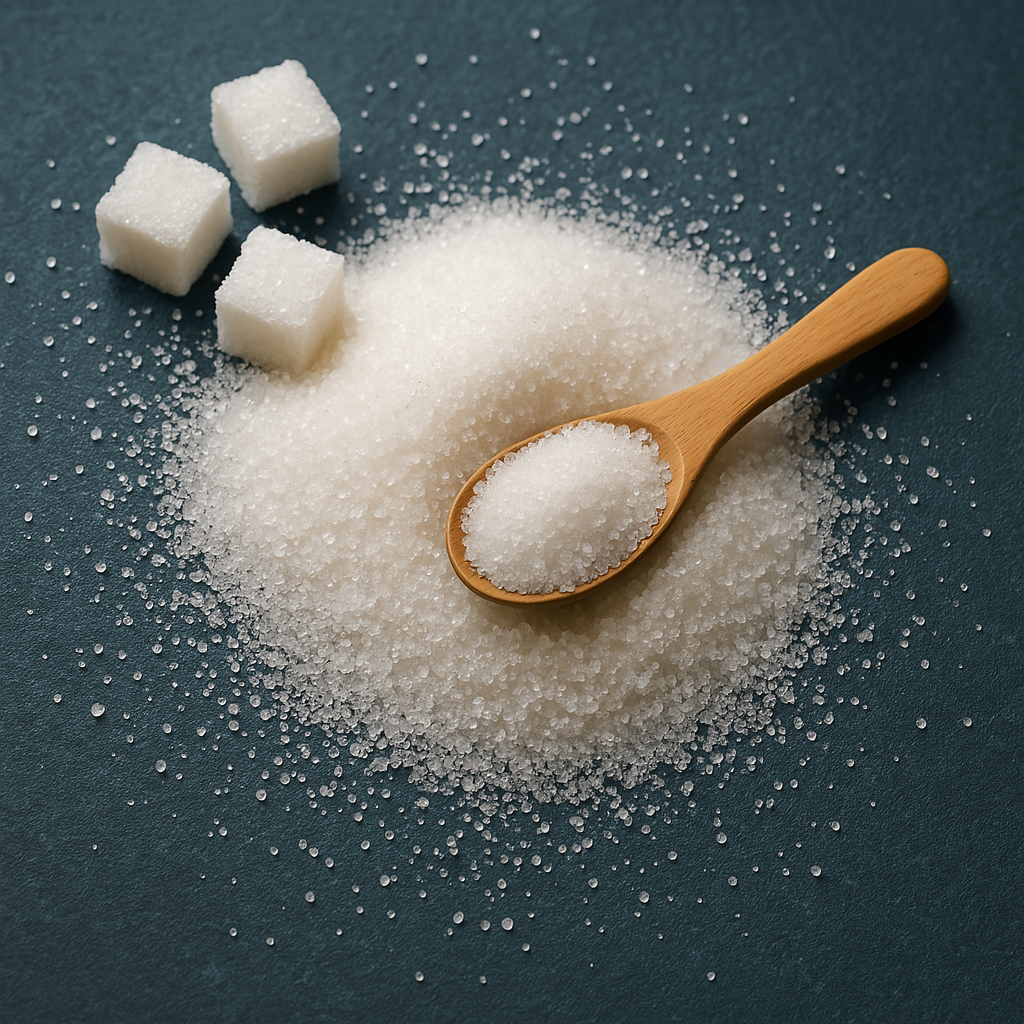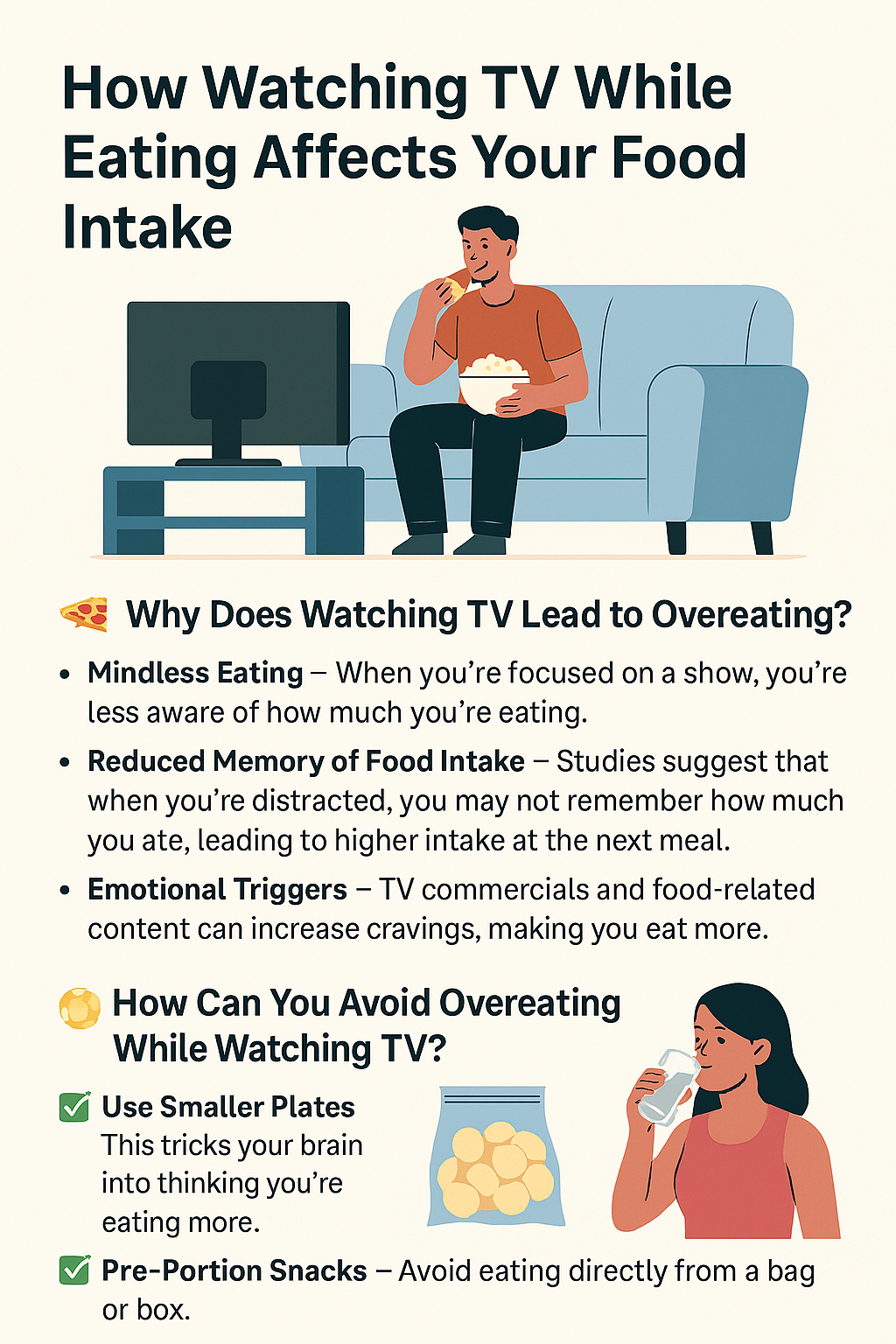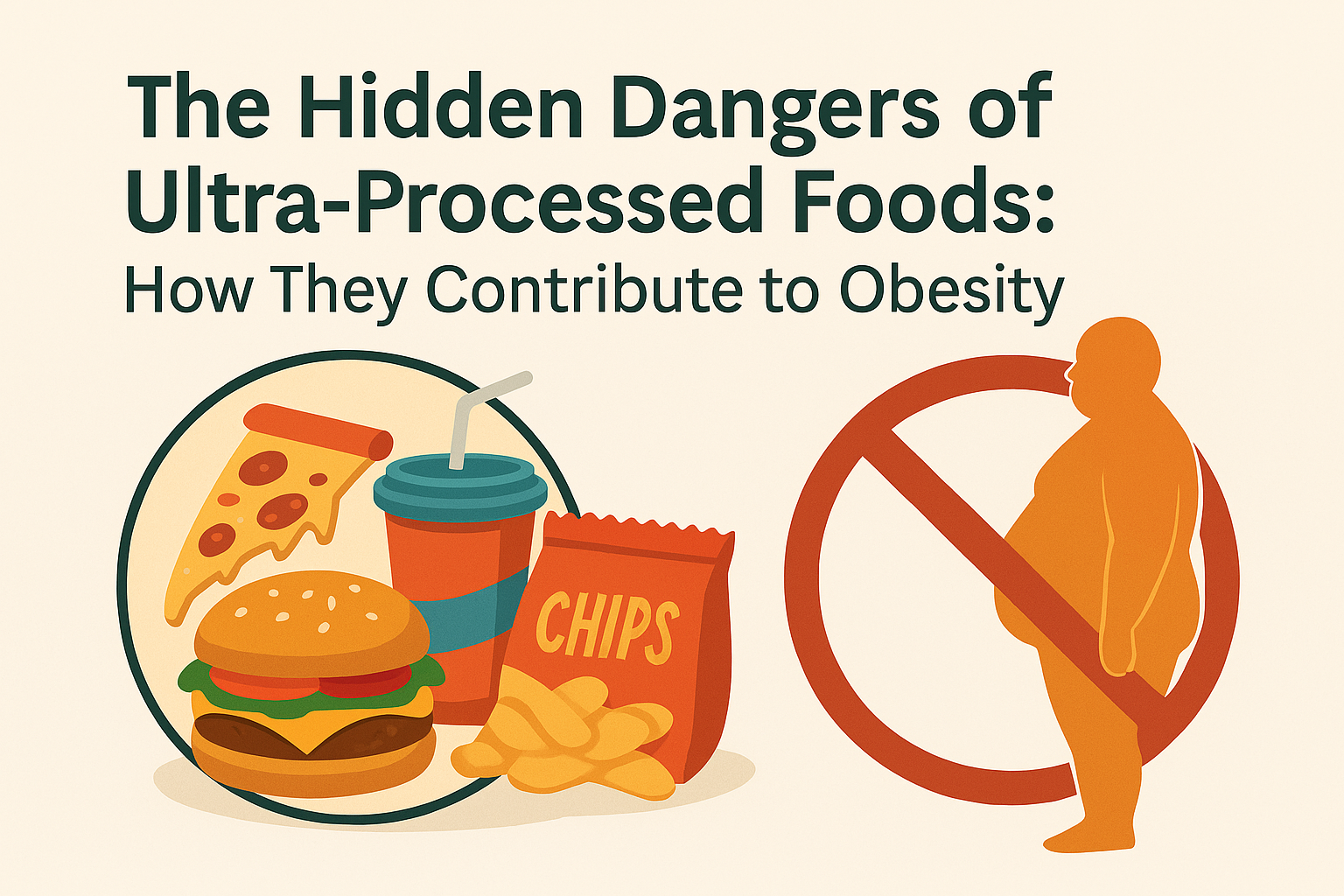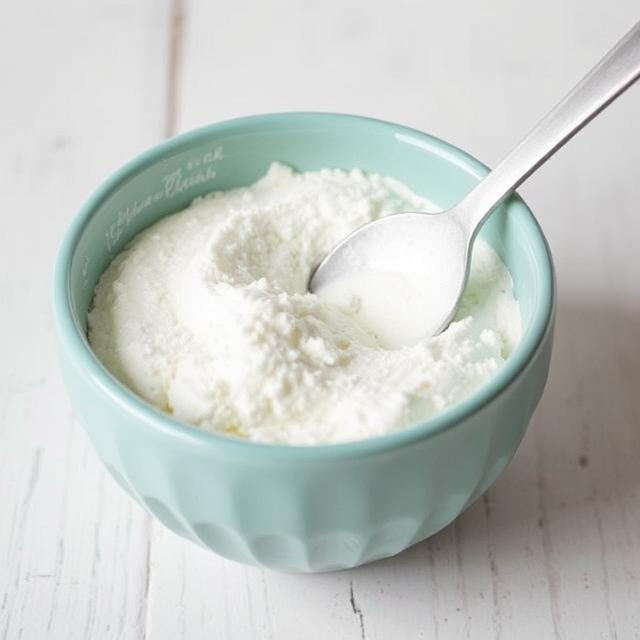Sugary drinks—also known as sugar-sweetened beverages (SSBs) or “soft drinks”—are any drinks with added sugars or sweeteners like high-fructose corn syrup, sucrose, or fruit juice concentrates. This category includes sodas, fruit punches, lemonades, energy drinks, and sports beverages. Though popular worldwide, especially in urbanizing regions, their health impact is a growing concern.
A Sweet Illusion
To understand just how sugary these drinks are, picture this: a 12-ounce can of soda typically contains 7 to 10 teaspoons of sugar. That’s about 30–42 grams—a shocking amount when you consider pouring that much sugar into a glass of water. Energy drinks are no better. Along with the sugar load, they often contain high levels of caffeine and unregulated additives, making them a poor choice for regular consumption. Sports drinks, while useful for athletes engaged in intense, hour-long workouts, are unnecessary (and calorie-dense) for the average person. Even 100% fruit juices, though natural and containing beneficial nutrients, pack as much sugar and calories as soda. Moderation is key.
Health Risks of Sugary Beverages
Sugary drinks rank at the bottom of the health scale. They provide high calories without offering satiety or nutrients, making it easy to overconsume.
Weight Gain and Obesity
Research consistently links sugary beverages to increased caloric intake and weight gain. Unlike
solid food, liquid calories often don't trigger the same sense of fullness. Studies show that
people fail to reduce food intake after drinking high-calorie beverages.
Key Research Findings:
Replacing sugary drinks with water has been linked to lower long-term weight
gain.

Diabetes Risk
Sugary
drink consumption is also strongly associated with type 2 diabetes:
Even artificially sweetened beverages were linked to increased risk, although this might be
influenced by pre-existing health conditions. Replacing sugary drinks with water, tea,
or coffee
resulted in a 2–10% reduction in diabetes risk.
Heart Health Concerns
Sugary
drinks also elevate the risk of cardiovascular disease:
Even when accounting for weight, total calories, and overall diet quality, sugary drinks
independently raised heart disease risk. This suggests fructose and high glycemic
load may have
direct metabolic effects, increasing inflammation, insulin resistance, and negative changes in
cholesterol levels.
Final Thoughts: What to Drink Instead?
Sugary beverages are enjoyable, but the long-term health risks make them a poor choice for
regular consumption. For better health:
Remember:
Even small, daily choices like replacing soda with water can significantly improve your long-term health outcomes—helping you avoid chronic diseases, manage weight, and protect your heart.













